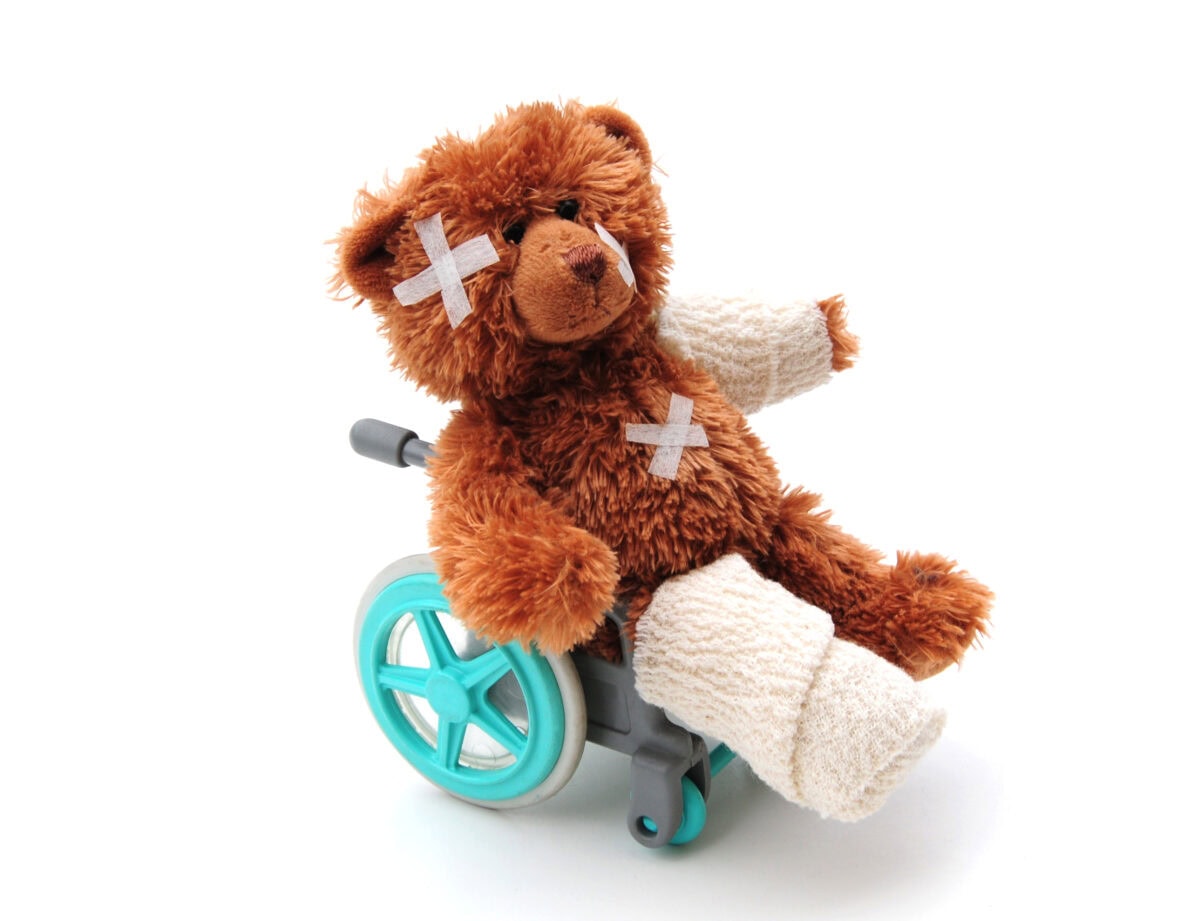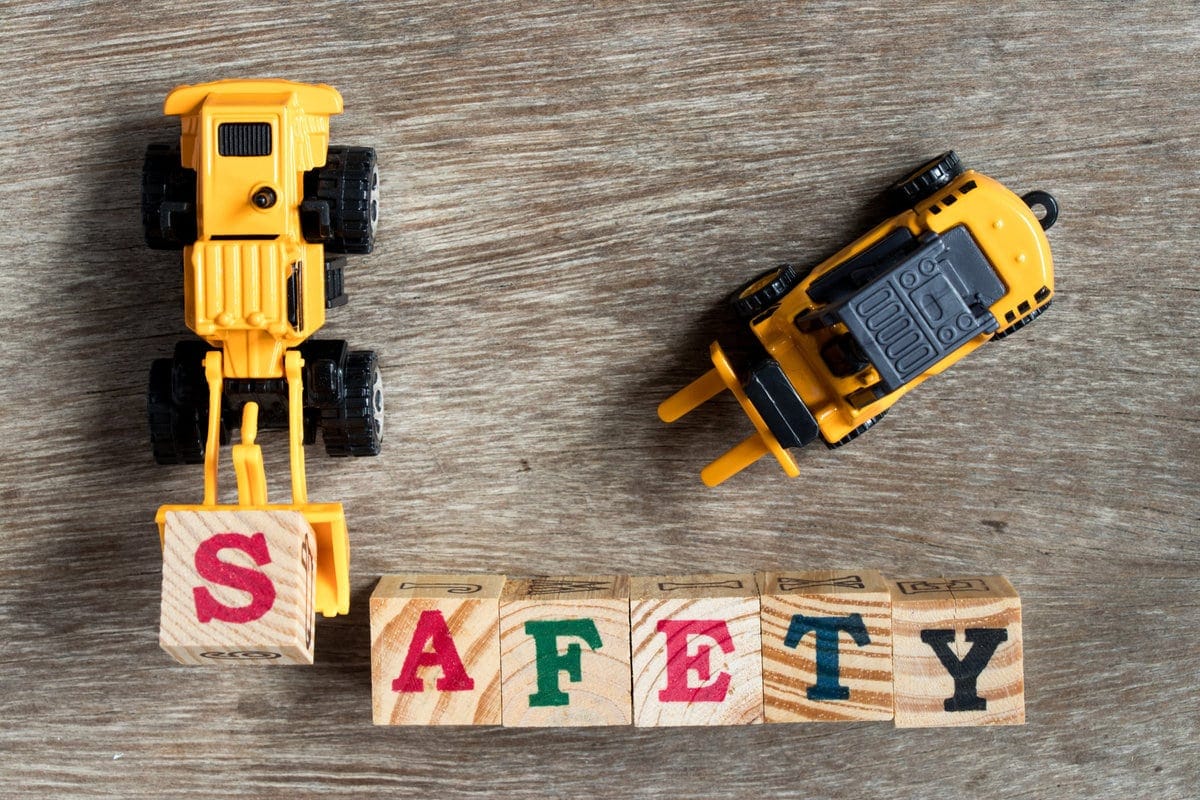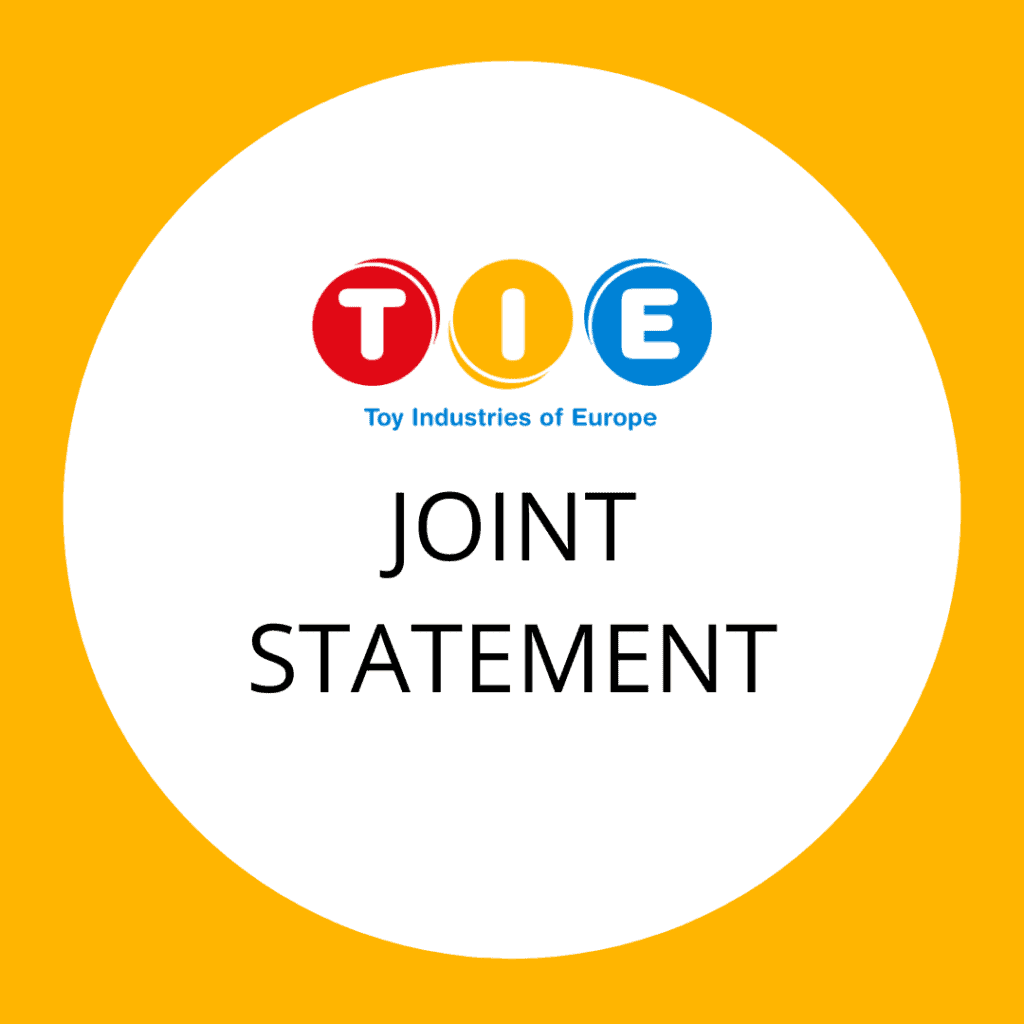Unsafe toys from dishonest sellers still reach our children
- 97% of alerts for toys were related to manufacturers with no connection to any European toy associations
- The EU has the strictest toy safety rules but they are deliberately disregarded by dishonest sellers
- TIE calls for the new General Product Safety Regulation (GPSR) to impose an importer responsibility for online marketplaces so foreign or untraceable sellers have to apply the strict EU toy safety rules
- Sub-standard toys represent just a tiny fraction of toys sold in the EU. Toys from reputable sellers are safe.
In 2021, due to dishonest traders, toys continued to rank high in the Rapid Alert System for dangerous products. In the EU Safety Gate 2021 annual report, they are the second-most flagged product after motor vehicles, representing about 20% of all products alerted by EU Member States.
EU’s strict toy safety rules remain disregarded by dishonest traders
As in previous years, notifications were overwhelmingly linked to illegal traders who are ignoring EU’s strict toy safety rules. 97% of the alerts for toys concerned manufacturers with no connection to any European toy associations. Half of these producers failed to provide a name and address – a basic obligation under EU’s safety regulation as authorities need to be able to easily contact the manufacturers if a recall or change to the product is necessary.
The issue of non-compliance with the EU restrictions on certain restricted phthalates which are considered endocrine disruptors is also a recurring problem. The EU rules on phthalates are more than 20 years old and still a quarter of the toys alerts in 2021 were linked to this group of chemicals. It is clear that we need proper enforcement of the existing rules to better protect children from harmful chemicals in toys, rather than more rules.
The GPSR must close loopholes for online sales
The steep drop of about 30% in the number of flagged toys in 2021 compared to 2020 is in part due to the UK leaving the EU and no longer reporting data to the EU Safety Gate. UK reported data was particularly high in 2020 because of the reputable UK toy sector’ own research on unsafe toys sold via online marketplaces.
E-commerce sales have significantly increased during the past years but less than half of the EU Members States notified unsafe toys sold online. This is just the tip of the iceberg because very often, dishonest traders operate online. In 2020, TIE performed a test exercise to assess the safety and legal compliance of toys bought from third-party operators selling on popular marketplaces. The results of this exercise showed that 97% of the toys were non-compliant with the EU law and 76% of those tested were unsafe for children.
The proposed GPSR leaves big loopholes to address dangerous products sold online. It does not make sure that the strict EU product safety rules can be applied in case sellers are based outside the EU or when they are untraceable. TIE therefore calls for the introduction of an ‘importer responsibility’ for online marketplaces in specific cases.
Catherine Van Reeth, Director General of Toy Industries of Europe, said, “The EU Safety Gate report yet again illustrates that it is the dishonest operators who are endangering children’s safety and damaging the reputation of responsible toy companies. The EU has the strictest toy safety rules in the world but these sellers deliberately choose not to follow them. In its report on the revision of the Toy Safety Directive (TSD), the European Parliament highlighted the need for more funding and resources for market surveillance authorities, a call TIE strongly supports. A new TSD also needs to go hand in hand with a stronger General Product Safety Regulation to protect children from unsafe toys sold online.”
Luckily, sub-standard toys represent just a tiny fraction of toys sold in the EU. The vast majority of toys are made by reputable companies who invest time and money in making sure they are safe for children to play with. This includes making sure products are easily identifiable and that they have processes in place to quickly address any issues that could occur.



